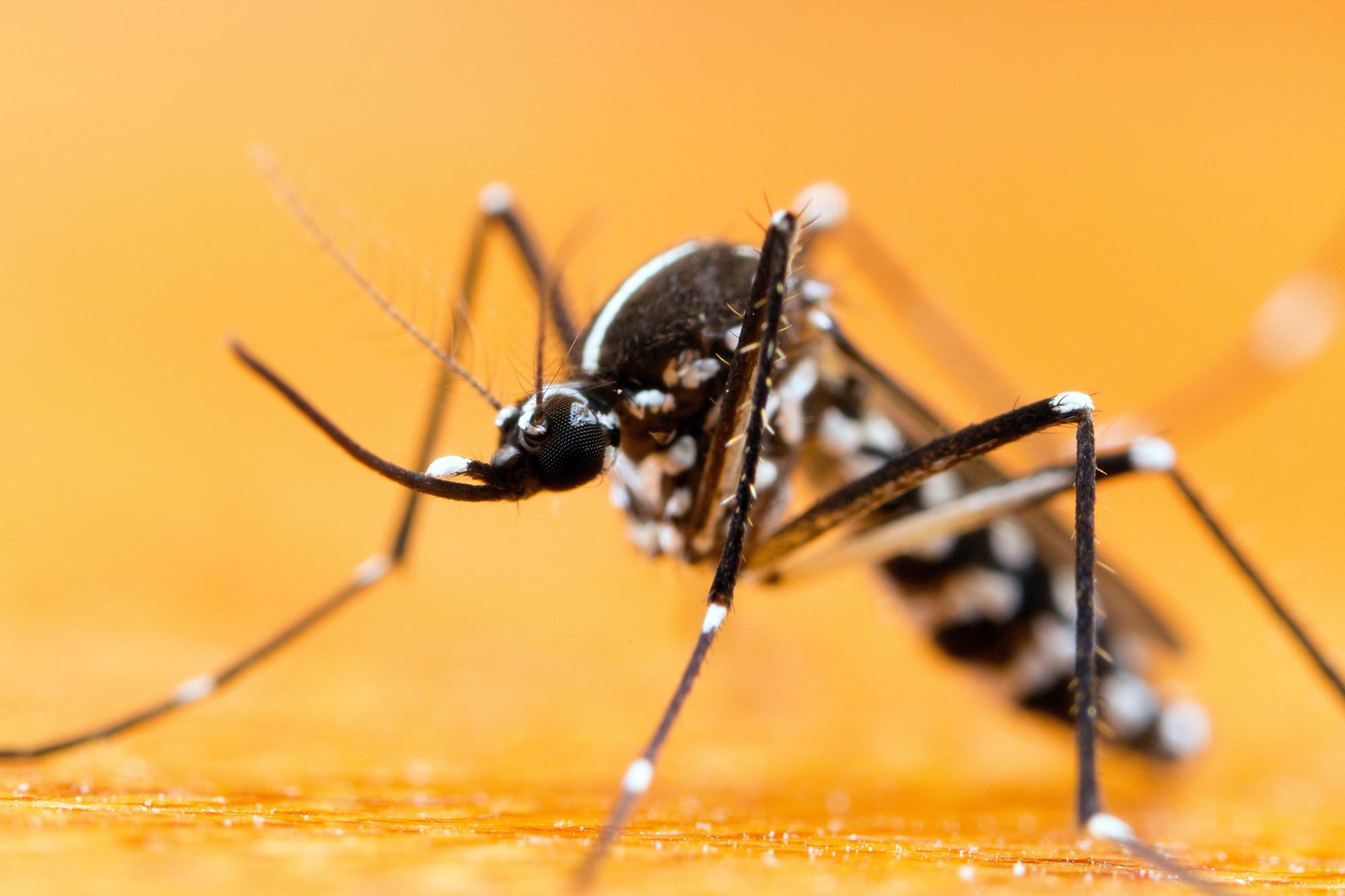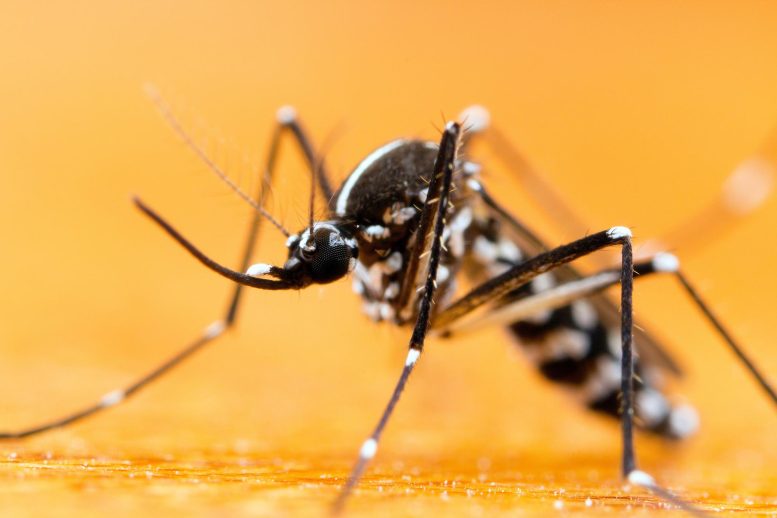

A Yale study has identified that specific tastes from human sweat either attract or repel mosquitoes, affecting their biting and feeding behaviors.Understanding these taste mechanisms can help develop new methods to prevent mosquito bites as diseases like dengue continue to spread worldwide.
As mosquito-borne illnesses like dengue fever continue to spread worldwide, researchers believe that one way to prevent these diseases is by stopping mosquitoes from biting people in the first place. While scientists have long understood how odor and heat guide mosquitoes to humans, the role of taste once they land has been less clear.
In a new study, Yale researchers have uncovered how mosquitoes’ neurons encode different tastes and how these tastes affect their biting, feeding, and egg-laying behaviors. The study also identified compounds in human sweat that increase mosquitoes’ biting tendencies and bitter compounds that can reduce feeding and egg-laying. This research offers new insights into why some people may be more attractive to mosquitoes than others.
These findings could pave the way for new methods to reduce or prevent mosquito bites in the future.
Identifying Mosquito Preferences
The study, published on October 16 in Nature, focused on the Asian tiger mosquito, a species once limited to Southeast Asia but now found across six continents.
When the researchers offered mosquitoes human sweat samples, they found that the mosquitoes showed strong biting preferences for some samples over others.
“This mosquito is capable of spreading many diseases, including dengue and chikungunya,” said senior author John Carlson, the Eugene Higgins Professor of Molecular, Cellular, and Developmental Biology in Yale’s Faculty of Arts and Sciences. “And it’s outcompeting other mosquito species, so it could be an even greater problem in our future.”
The Power of Taste in Mosquitoes
To better understand the species’ taste abilities, the researchers first took 46 different taste compounds — including sugars, salts, bitter compounds, and amino acids — and observed how neurons in the mosquito’s taste organ responded to them. They found that some compounds, like sugars, excited many of the neurons. But surprisingly, some compounds actually inhibited neuronal activity.
“We’ve done a lot of research on taste in the fruit fly, and we haven’t seen this kind of widespread inhibition before in flies,” said Carlson. “Having these two different responses — excitation and inhibition — gives mosquitoes an expanded ability to encode taste, meaning they can likely differentiate a wide variety of tastes.”
After they also examined how different taste compounds affected mosquitoes’ biting, feeding, and egg-laying behaviors, the researchers found that different tastes promoted or suppressed different behaviors.
“Having these two different responses — excitation and inhibition — gives mosquitoes an expanded ability to encode taste, meaning they can likely differentiate a wide variety of tastes.”
John Carlson
Impact of Bitter Compounds and Taste Combinations
For instance, some bitter compounds reduced mosquitoes’ feeding behavior but had no effect on egg-laying. And while salt and some amino acids typically found in human sweat had no effect on biting when presented separately, they promoted an increase in biting when combined.
“And that nuance makes sense to us,” said lead author Lisa Baik, a postdoctoral associate in Carlson’s lab who led the work. “There are a lot of places in nature that have salt and a lot of places that have amino acids, but humans have both together on our skin. So maybe the mosquito is able to identify the combination and recognize our skin as a good place to bite.”
The Connection Between Human Sweat and Mosquito Bites
Additionally, when the researchers offered mosquitoes human sweat samples, they found that the mosquitoes showed strong biting preferences for some samples over others.
“We think this could be part of the reason why some of us get bitten by mosquitoes a lot more than others,” said Carlson. “Some people may just taste better to mosquitoes.”
Together, the findings help describe how mosquitoes that have landed decide whether to bite or fly away. That information, the researchers say, may help identify compounds that can sway mosquitoes to leave rather than bite.
“Our study may be helpful in identifying compounds that protect us from mosquito bites in a new way,” said Carlson. “Such compounds could be extremely useful, especially as climate change expands the range of mosquitoes and the diseases they spread.”
Reference: “Mosquito taste responses to human and floral cues guide biting and feeding” by Lisa S. Baik, Gaëlle J. S. Talross, Sydney Gray, Himani S. Pattisam, Taylor N. Peterson, James E. Nidetz, Felix J. H. Hol and John R. Carlson, 16 October 2024, Nature.
DOI: 10.1038/s41586-024-08047-y